Ocean Acidification in Kiribati: Rising Threats to Coral Reefs and Island Livelihoods
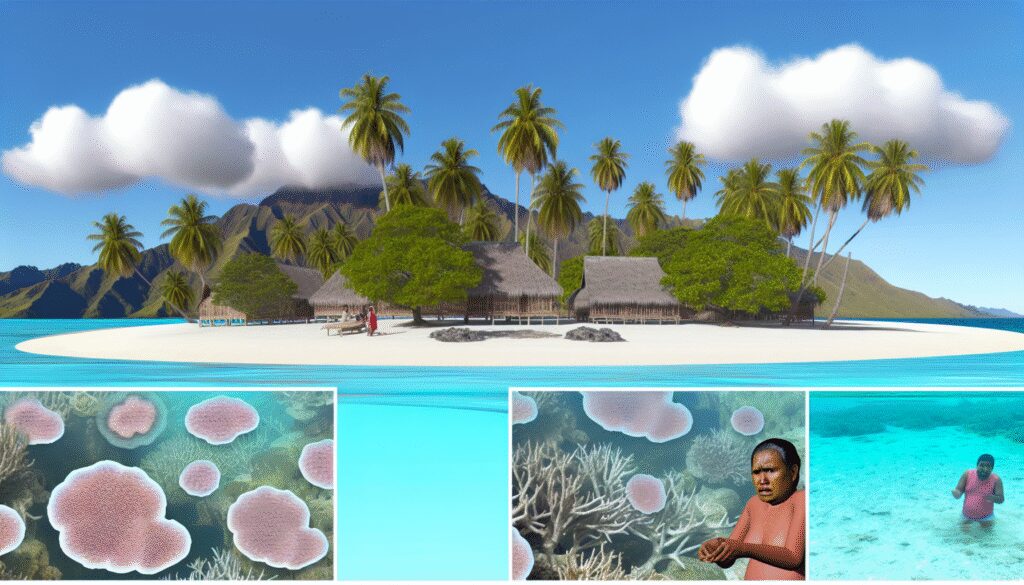
This article explores the severe impact of ocean acidification on Kiribati’s coral reefs, crucial for coastal protection, fisheries, and cultural identity. It examines socioeconomic consequences, global governance roles, and proposes localized adaptation, enhanced monitoring, and international cooperation to safeguard Kiribati’s marine ecosystems and community well-being.
Ocean Acidification’s Ripple Effects: Bhutan’s Himalayan Rivers at Risk

This article explores the indirect impacts of ocean acidification on Bhutan’s Himalayan rivers, highlighting potential disruptions to hydrological balance, biodiversity, and water security through altered carbon cycles and climate patterns. It emphasizes the need for integrated policies and regional cooperation to mitigate these global environmental challenges.
Harnessing the Sun: Nauru’s Transition to Sustainable Solar Energy
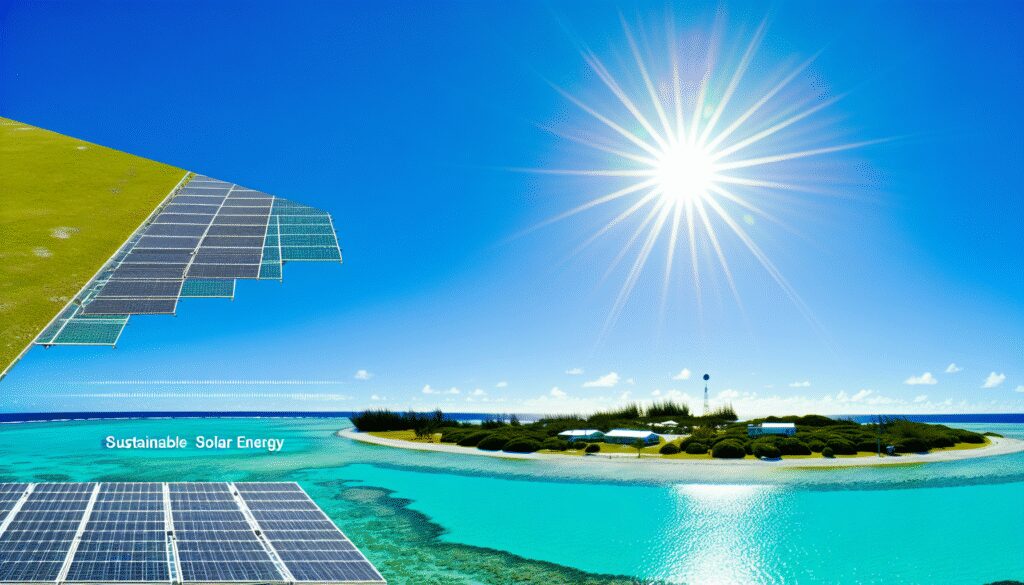
This article examines Nauru’s shift to sustainable solar energy, addressing its historical reliance on fossil fuels and the associated economic and environmental challenges. As a small island nation, Nauru’s transition, supported by initiatives like the ADB’s Solar Power Development Project, offers insights for other SIDS.
Plastic Pollution Crisis in Tuvalu: Battling Waste in a Pacific Paradise
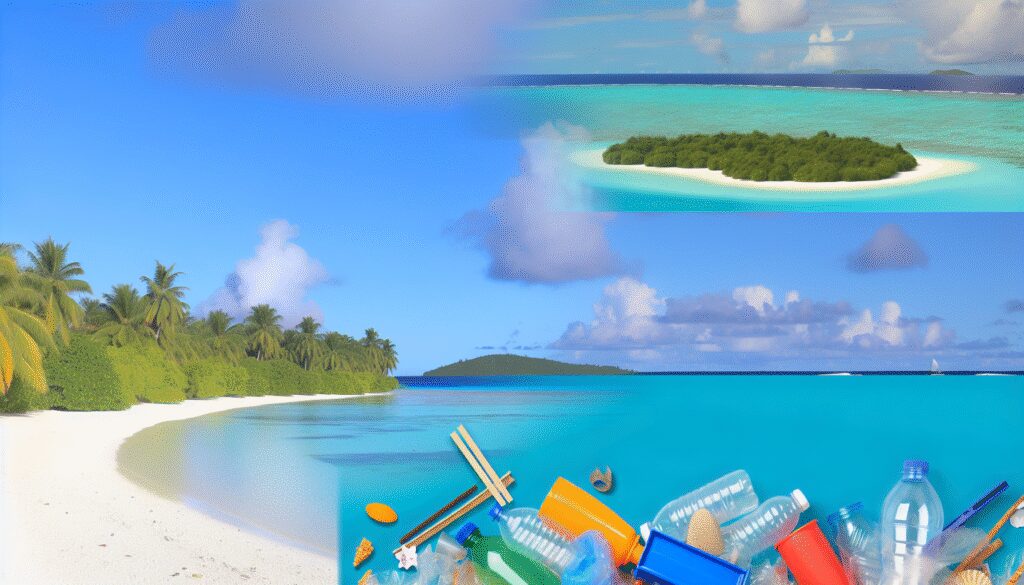
Plastic pollution threatens Tuvalu, a Pacific island nation, despite its minimal contribution to global waste. Marine debris overwhelms local systems, damaging ecosystems and livelihoods. This article explores the crisis’s impacts, advocates for global cooperation, and recommends stronger policies, regional collaboration, and support through international treaties like the Global Plastics Treaty.
Ocean Acidification Threatens Kiribati: A Small Nation’s Battle Against Changing Seas
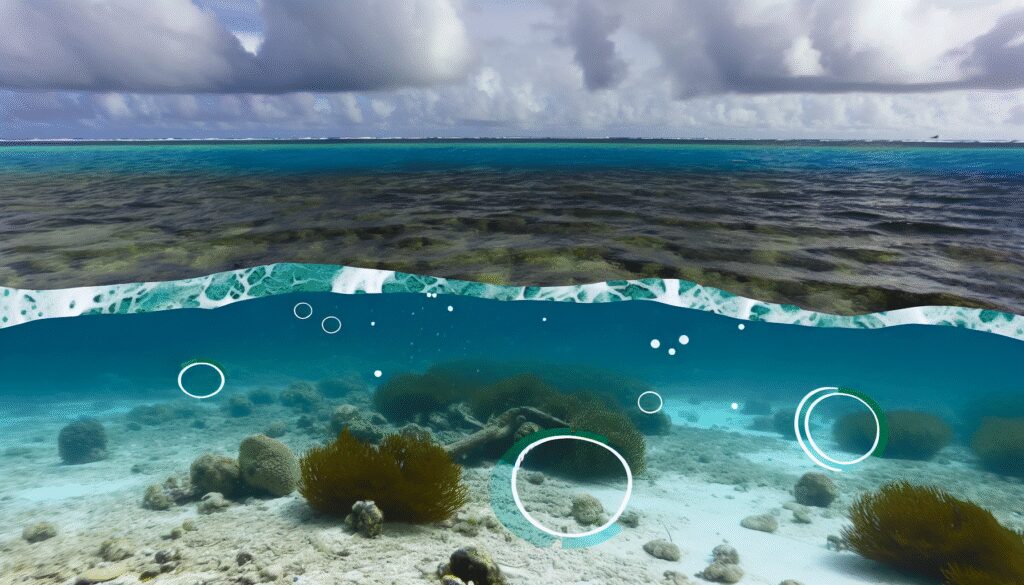
This article explores ocean acidification’s severe impact on Kiribati, a Pacific atoll nation reliant on marine ecosystems for food, economy, and culture. It highlights the vulnerability of coral reefs and fisheries, urging adaptive strategies, international cooperation, and tailored policies to mitigate this climate change threat.
Harnessing the Winds of Change: Sustainable Energy Solutions for Bouvet Island

This article explores sustainable energy solutions for Bouvet Island, the world’s most remote island, focusing on wind energy for potential scientific outposts. It analyzes environmental challenges, reviews renewable energy literature, and proposes small-scale wind turbines and international collaboration as feasible strategies for extreme conditions.
Deforestation Crisis in Gabon: Uncovering the Rapid Loss of Central Africa’s Rainforest Treasure
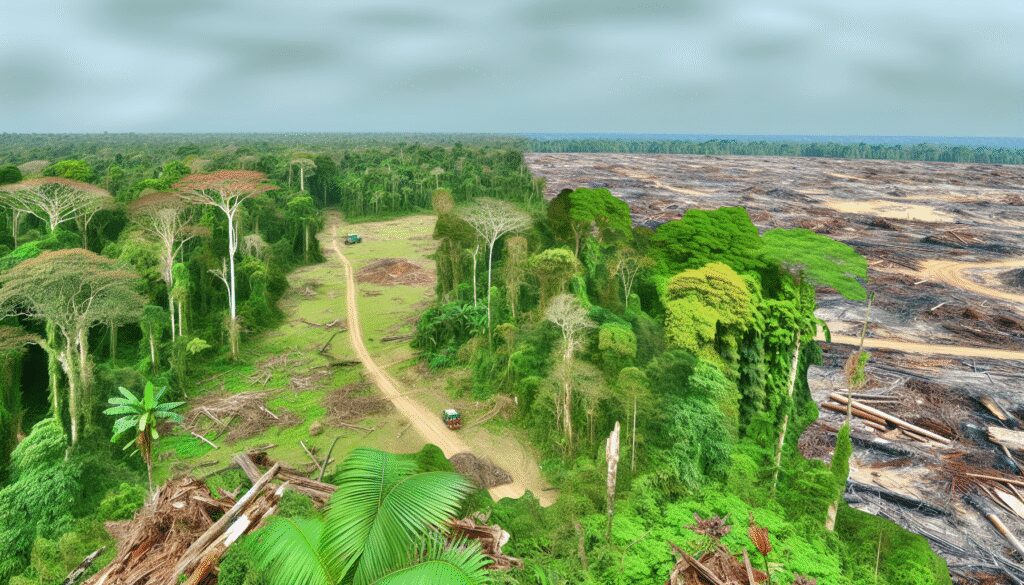
Gabon, dubbed Africa’s “Last Eden,” holds vital Congo Basin rainforests, crucial for carbon storage and biodiversity. Despite progressive conservation policies, deforestation surges due to logging, agriculture, and infrastructure. This article examines these drivers, the role of international treaties, and proposes solutions for sustainable forest management.
Ocean Acidification Threatens Kiribati: A Small Nation Battles a Global Crisis
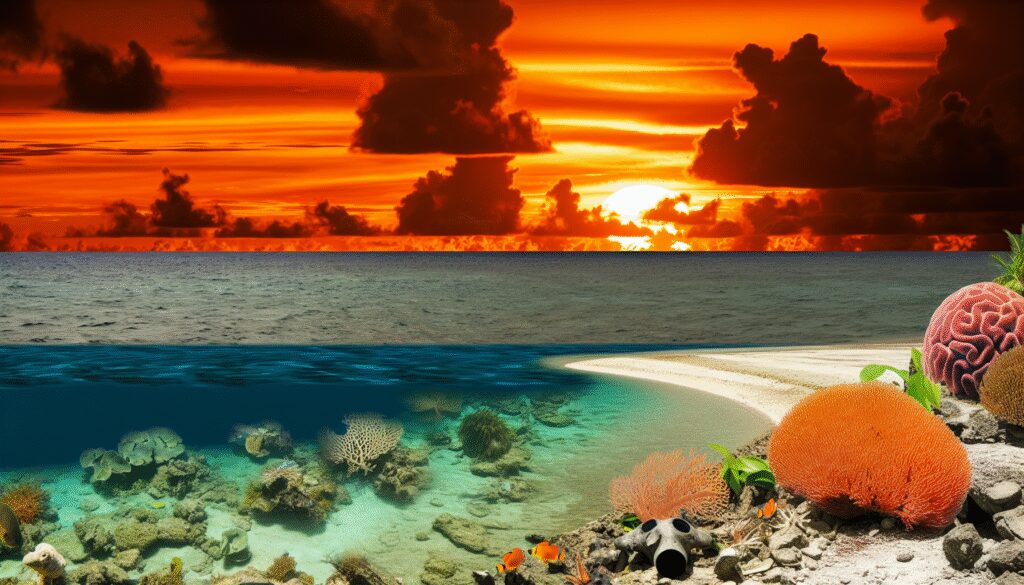
This article explores the severe impact of ocean acidification on Kiribati, a Pacific atoll nation vulnerable to climate change. It highlights threats to coral reefs, marine biodiversity, food security, and livelihoods, while emphasizing the need for localized adaptation, global mitigation, and stronger international cooperation to address this crisis.
Sustainable Fisheries in Niue: Balancing Tradition and Conservation for Future Generations
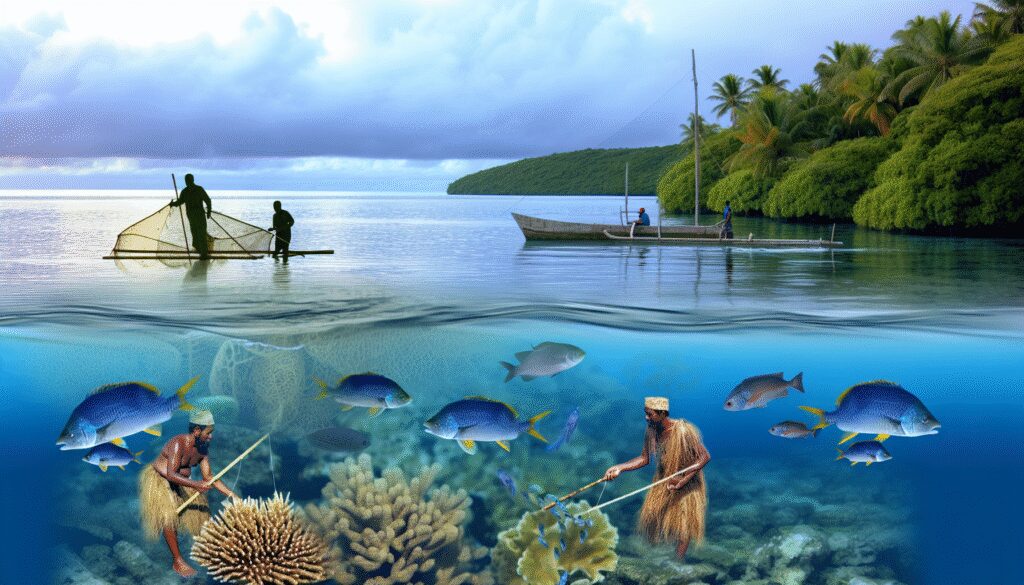
This article examines sustainable fisheries in Niue, a Pacific Island nation, highlighting the balance between traditional fishing practices and modern conservation needs. It discusses challenges like climate change and overfishing, emphasizing the role of community engagement, local governance, and international cooperation through treaties like the Niue Treaty.
Ocean Acidification in Iceland: Impacts on Marine Ecosystems and Fisheries
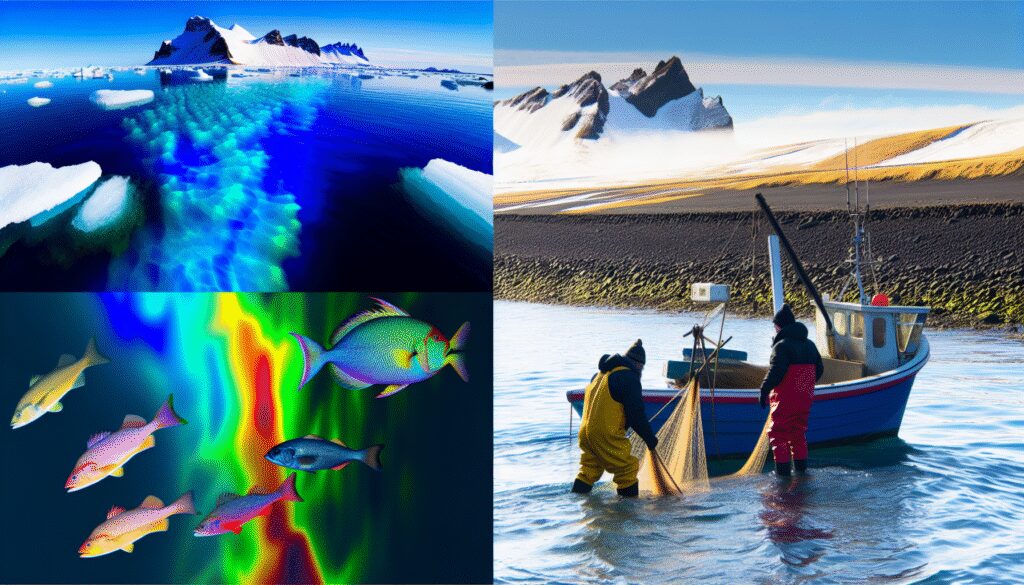
This article explores ocean acidification’s impact on Iceland’s marine ecosystems and fisheries, highlighting the vulnerability of calcifying organisms and disruptions to fish physiology and food webs. It emphasizes Iceland’s unique North Atlantic position, urging enhanced monitoring, policy integration with global treaties, and adaptive fisheries management.
